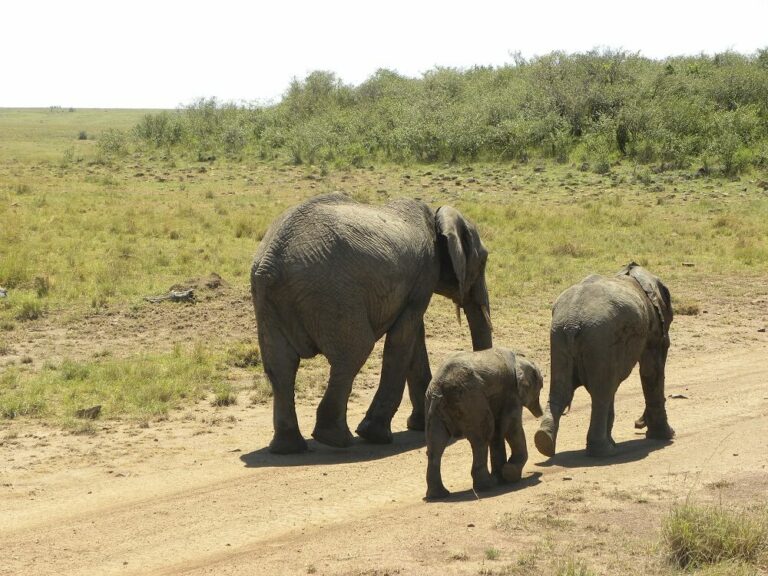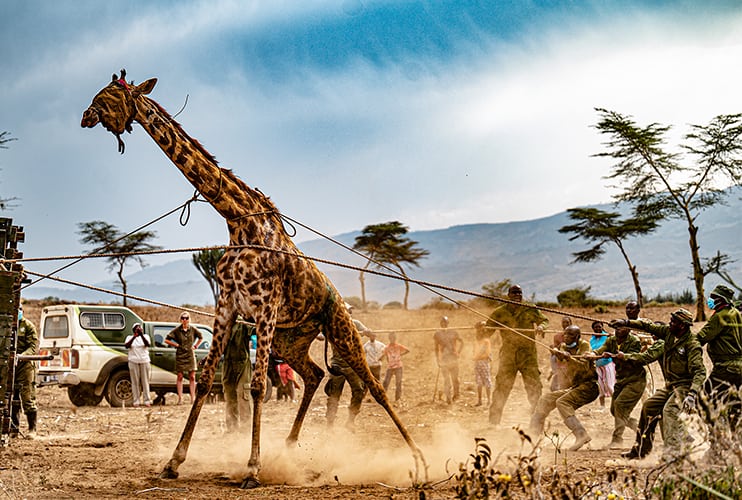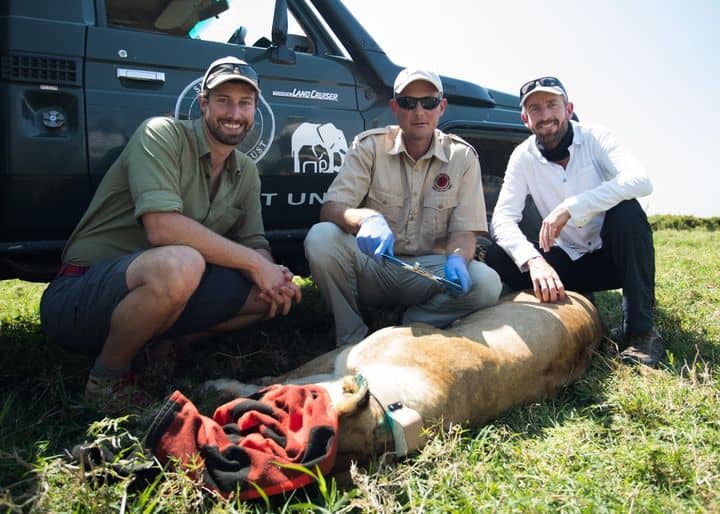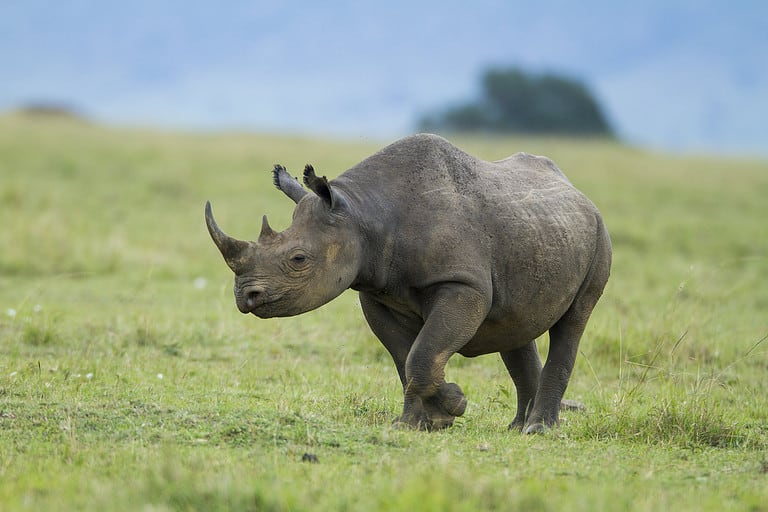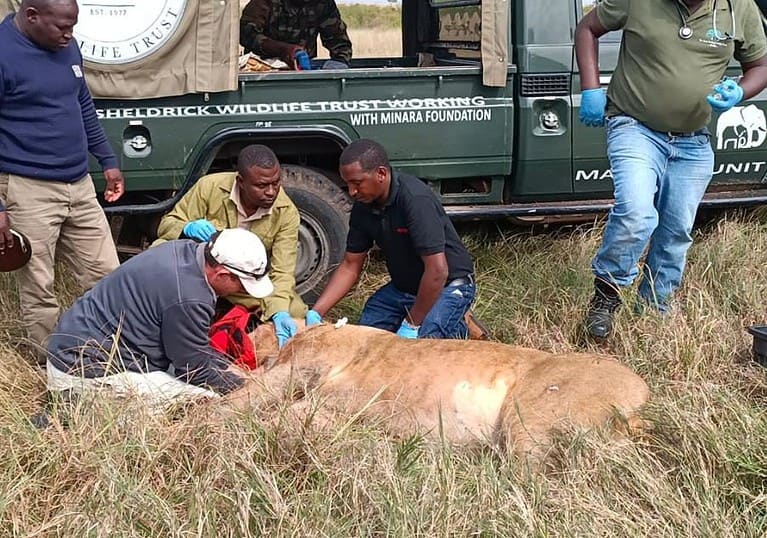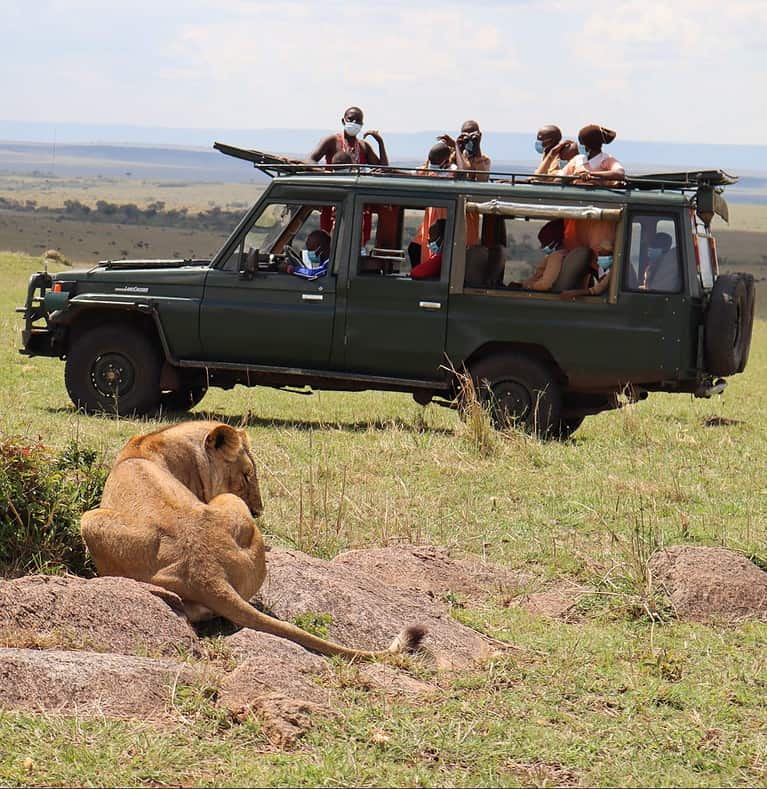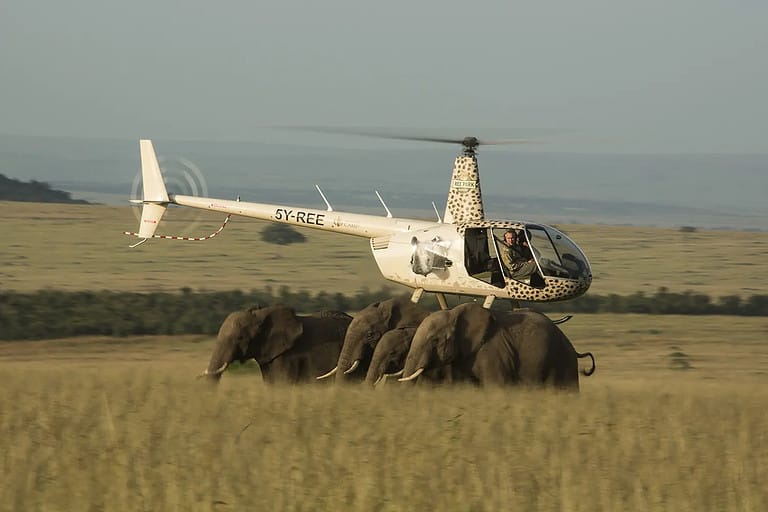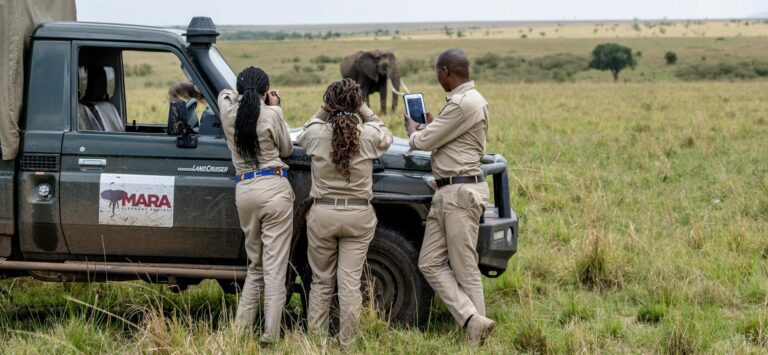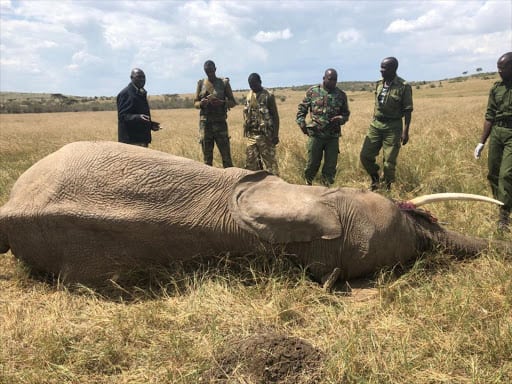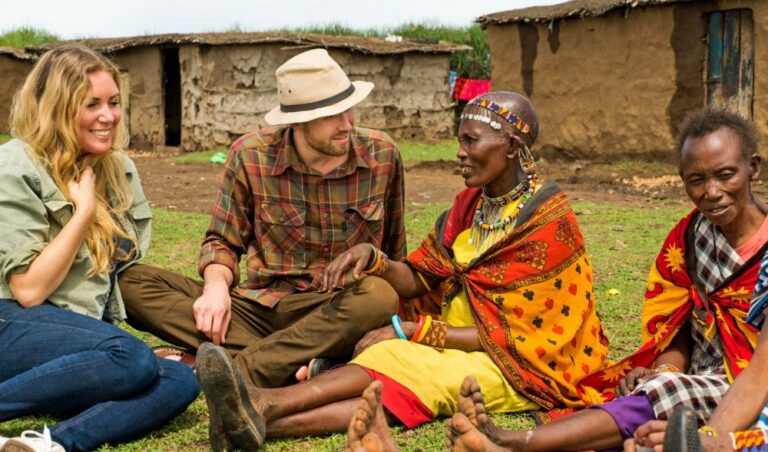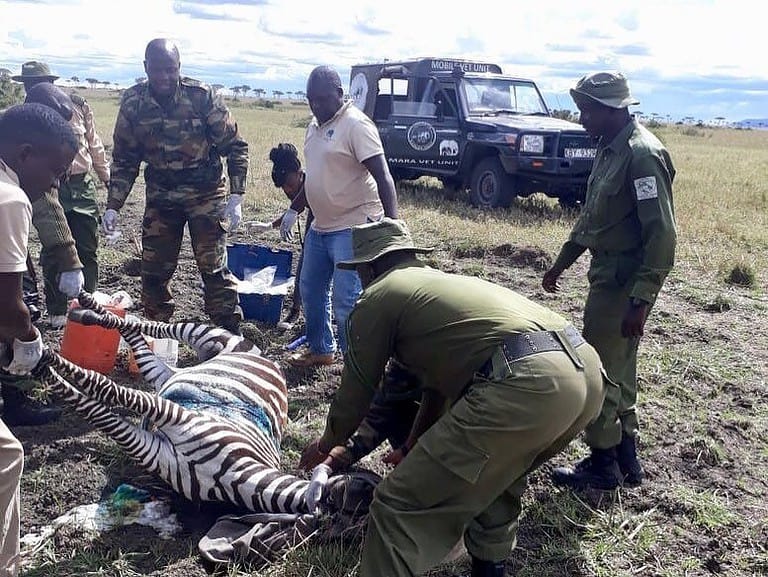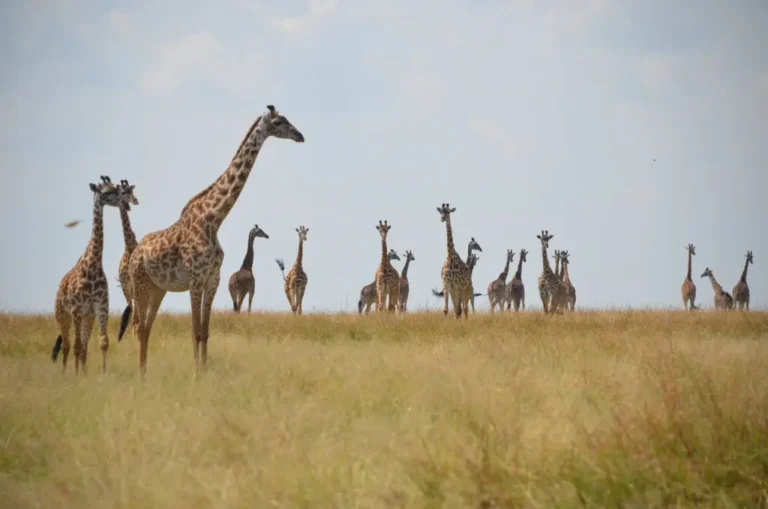Conservation in the Maasai Mara is a critical issue. The region faces numerous environmental threats, including deforestation, land encroachment, poaching, and the effects of climate change. Moreover, the interaction between wildlife and local communities, who depend on the same resources, presents its own challenges.
Several initiatives and efforts are being undertaken to conserve the Maasai Mara ecosystem:
Community Involvement: Local Maasai communities are involved in conservation efforts since they live in close proximity to the reserve and their activities directly affect the ecosystem. Some programs provide training and resources for sustainable agriculture and livestock management.
Wildlife Conservation: A lot of emphasis is placed on conserving wildlife, especially endangered species and predators that are often targeted by poachers. Anti-poaching units have been established, and there are programs to monitor and track animal populations.
Eco-Tourism: Promoting responsible tourism practices can help fund conservation efforts and provide a sustainable source of income for local communities. This includes setting visitor guidelines to minimize impact on the environment and wildlife.
Research and Monitoring: Regular research is conducted to monitor the health of the ecosystem and identify potential threats. The findings from these studies can inform conservation strategies and policies.
Collaborations and Partnerships: Collaboration between various stakeholders, including the Kenyan government, non-governmental organizations (NGOs), and international partners, can bring in additional resources and expertise to aid conservation efforts.
Despite these efforts, the Maasai Mara continues to face serious challenges, and ongoing efforts are required to ensure its survival. The ultimate goal is to strike a balance between wildlife conservation, sustainable community development, and tourism, which is critical for the economy of the region.
Several conservation projects are ongoing in the Maasai Mara to protect and preserve this important ecosystem. Here are a few of them:
Mara Predator Conservation Program (MPCP): The MPCP aims to secure a future for large carnivores in the Greater Mara Ecosystem by mitigating conflict between people and wildlife. They focus on research, monitoring, and community outreach.
Maasai Mara Wildlife Conservancies Association (MMWCA): This regional membership organization for wildlife conservancies in the Greater Maasai Mara aims to conserve the greater Maasai Mara ecosystem for the prosperity of all—biodiversity and wildlife, the local population, and Kenya’s tourism sector.
Basecamp Explorer Foundation: This foundation supports numerous projects, including the Mara Naboisho Lion Project, which monitors lions to reduce human-wildlife conflict, and the Tree Planting Project, which aims to restore deforested areas.
Mara Elephant Project (MEP): MEP focuses on elephant conservation. They use collaring technology to monitor elephant movement, mitigate human-elephant conflict, support anti-poaching efforts, and conduct community outreach to foster a coexistence strategy.
Mara Conservancy: The Mara Conservancy manages the Mara Triangle, the northwestern part of the Maasai Mara National Reserve, on behalf of the local Maasai community. The Conservancy is committed to the sustainable conservation of wildlife and works to minimize poaching, ensure transparent revenue collection, and reduce human-wildlife conflict.
Friends of Maasai Mara: This organization undertakes projects like tree planting, supporting alternative livelihoods for communities, and creating environmental awareness through children’s eco clubs.
Anne K. Taylor Fund (AKTF): AKTF supports projects to help mitigate human-wildlife conflict, including funding fences to keep elephants out of farmers’ fields and supporting the Maasai Olympics, a sporting event intended to provide an alternative to traditional lion hunting to prove young men’s bravery.
African Wildlife Foundation (AWF): AWF has been involved in several initiatives in the region, including land leasing agreements to extend the protected area, support for anti-poaching patrols, and scholarships for local students in conservation-related fields.
These projects are diverse and tackle a range of issues, but all work towards the common goal of preserving the Maasai Mara for future generations.
